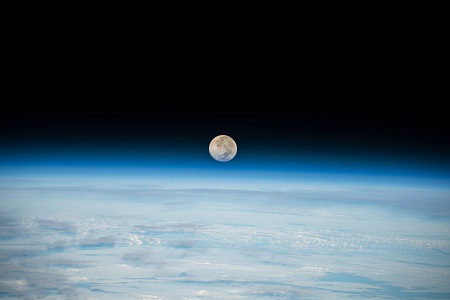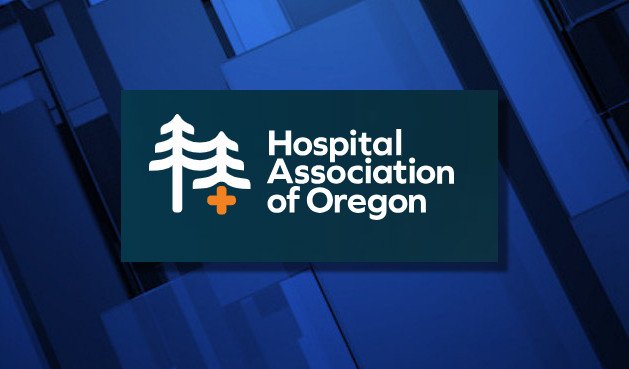
NASA has allocated $1.5 million in funding to academic, non-profit, and business entities to support cutting-edge technology for the agency’s upcoming lunar return and future Mars expeditions. A total of 21 organizations have been awarded funding through NASA’s Dual-Use Technology Development Cooperative Agreement Notices (CANs), with the goal of pioneering innovative solutions. These recipients will receive guidance from propulsion, space transportation, and science experts at NASA’s Marshall Space Flight Center in Huntsville, Alabama.
The cooperative agreement notice enables NASA to collaborate with US industry and academia to develop necessary technologies. The products resulting from these agreements will help address technology gaps and facilitate the development of components and systems for NASA’s Moon to Mars architecture. Projects include utilizing lunar regolith for construction on the Moon’s surface, using smartphone video guidance sensors to navigate robots on the International Space Station, exploring new battery materials, and improving neutrino particle detection capabilities.
Leading academic institutions such as Florida Institute of Technology, Northwestern University, and the University of Alabama have secured funding for multiple projects, showcasing their pivotal role in advancing space exploration technology. The funding opportunity was aimed at organizations committed to fostering entrepreneurial research and innovation, with the goal of strengthening the commercial space sector and aligning with the objectives of future NASA missions.
NASA is currently inviting additional contributions through its 2024 solicitation cycle for applications that will drive technological advancements crucial for the future of space exploration. The awardees will benefit from the expertise of NASA’s Marshall Space Flight Center in Huntsville, Alabama in areas such as propulsion, space transportation, and science. This collaboration aims to support the development of key technologies needed for NASA’s upcoming lunar missions under the Artemis program and future expeditions to Mars.
The Dual-Use Technology Development Cooperative Agreement Notices (CANs) are an initiative by NASA that enables it to collaborate with US industry and academia to develop necessary technologies required for its upcoming lunar return mission under Artemis program as well as future Mars expeditions. These projects are expected to address technology gaps







